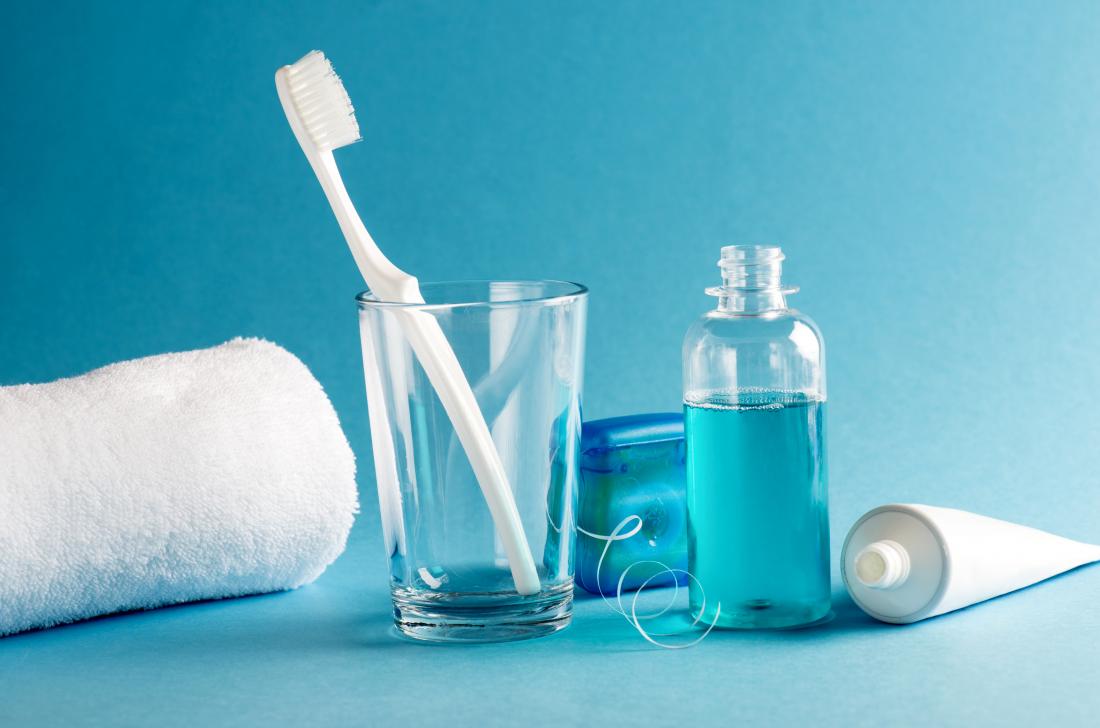The role of systemic oral fluoride water in the prevention of tooth decay is reviewed. At the present time, it is accepted that topical fluoride in small amounts throughout life is the most convenient form of prevention. In Pediatrics, as in any specialty of Medicine, there are numerous examples of changes in preventive recommendations over time. These changes are supported most of the time by studies with solid scientific evidence.

However, oral fluoride supplements should be administered to children belonging to risk groups at the doses recommended by experts, depending on the fluoride content of public drinking water.
Topics Covered
The Benefits of Fluoride and Natural Alternatives
Fluoride and toothpaste In this blog and others we pay close attention to the quality of the food we consume and the foods that nourish us in the best way. Therefore, we learn why we should feed ourselves with natural and organic food, with real food. And we also learn to choose foods free of toxic ingredients. Therefore, do not you think it would be indicated that we pay the same attention to personal hygiene products that we use daily? Fluorine, parabens, phthalates, and etc.
To enjoy optimal health and well-being, we would have to have the same criteria with regard to personal hygiene products. Just like we do with the foods that nourish our bodies. Therefore, in this article, we will start talking about oral hygiene.
The importance of Choosing Good Toothpaste
You may be wondering why we have to pay the attention to oral hygiene products as to the food we consume. After all, we’re not eating toothpaste, right? However, almost everything we put in our mouths passes into our bloodstream – even if we don’t swallow it. In fact, certain substances are absorbed faster through the mouth than through the stomach.
Let us talk about the main controversial ingredient of toothpaste: Fluoride. As always, there are different points of view for or against fluoride. Those who favor the use of fluoride in the mouth, argue that applying fluoride on the teeth helps reduce tooth decay. Therefore, we should use it.
However, those who are not in favor of its use question whether the benefits of the use of fluoride in the teeth are greater than the risks that this substance has for the health of the whole body.
Also, if the use of fluoride was the only way to maintain a healthy mouth, perhaps it would make more sense to weigh whether the benefits of its use are more important than the risks.
But it turns out that there are many ways to have better oral health without the use of fluoride, options with which you will have no worries around fluoride exposure. If you are suffering from cavities, you should consult the best dentist and get the details about the tooth cavity filling cost.
Fluorine Lowers iodine in the Body
Did you know that in most countries, in Canada and New Zealand, fluoride is prohibited in drinking water? And while in the United States is struggling to stop water fluoridation.
The absorption of fluoride from toothpaste as well as water fluoridation is very possibly one of the causes of subclinical hypothyroidism, with direct links to the main diseases and ailments of today’s society. If you or your child has cavities, then it requires tooth cavity filling.
Fortunately, there are natural alternatives to commercial toothpaste. And you can improve your oral health without using toxic ingredients. Like most commercial health and beauty products, toothpaste has been industrialized over the years.
By the way, did you know that if you get pimples on the edges of the lips and chin area, the cause could be fluoride toothpaste?
What other Natural Alternatives Exist?
Natural alternatives to commercial toothpaste is a small list with some ideas that can serve as a starting point:
Baking Soda
It is one of the most well-known alternatives to toothpaste. You can moisten your toothbrush. Dip it in a little bicarbonate jar and brush as usual.
Many people prefer baking soda as a base of toothpaste or DIY tooth powder. In addition, you can mix it with a few drops of essential oil such as mint to get that fresh and menthol feeling.
Sea Salt
Can it be more natural than brushing teeth with sea salt? Some people use it in the same way as baking soda. Are you worried that it is too abrasive? Therefore, you can dissolve it in water before using it and dip the brush in it.
Hydrogen Peroxide
The Hydrogen peroxide is most beneficial for cleaning the teeth and keeping it white. There are many who use it in place of their toothpaste. For this all you need to do is take the toothbrush and immerse it in hydrogen peroxide. You can follow this up by dipping the toothbrush in half-and-half mixture of fine sea salt and baking soda.
There is, however, a problem with this solution especially if you have amalgam fillings. This peroxide can leak the mercury form the fillings. So you should refrain from using this if you have gone for filling recently.
Coconut Oil
Coconut oil is another great natural alternative. Its fungicidal and bactericidal properties are very useful for oral cleansing. In addition, it can be used alone or in combination with other ingredients on this list.
Oil Pulling
Oil pulling is quite a common solution for a majority of oral problems. This happens to be an ancient oral health technique using any kind of carrier oil like sesame, coconut or sunflower oil in a tablespoon and swishing it around the mouth for about 20 minutes every day.
Research has concluded that this practice can assist in fighting gingivitis and reducing plaque. But you should not give-up brushing entirely for this. At least brush with a toothbrush dipped in water for achieving a healthy and happy smile.
Herbal Dental Powders
These herbal powders can be used instead of toothpaste. They clean well and the herbal ingredients can help relieve inflammation, pain, and infection in the mouth.




